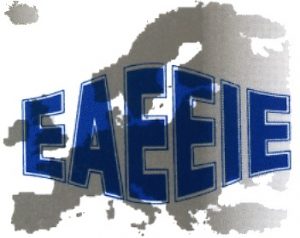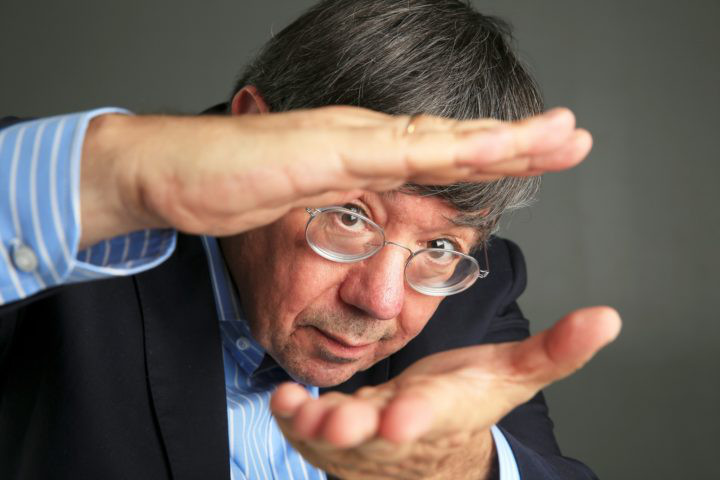
EAEEIE 2022
31st Annual Conference of the European Association for Education in Electrical and Information Engineering (EAEEIE)
29 June - 1 July 2022 | Coimbra, Portugal

ISEC - Coimbra Institute of Engineering
Keynote 2 - Thursday, 30th June, 9h30 AM

Prof. Carlos Fiolhais
Center of Physics, University of Coimbra
Coimbra, Portugal
Prophecies and Fulfilments in Computer-Aided Education: a Personal View
Abstract
In June 1978, before the explosion of personal computers and much before the appearance of the Web, the physicist and educator Alfred Bork (1926-2007), in an address to the American Association of Physics Teachers (“Interactive Learning”), made a prophecy on the impact of computers in education:
"We are at the onset of a major revolution in education, a revolution unparalleled since the invention of the printing press. The computer will be the instrument of this revolution. Although we are at the very beginning - the computer as a learning device in current classes is, compared with all other learning modes, almost nonexistent - the pace will pick up rapidly over the next 15 years. By the year 2000, the major way of learning at all levels and in almost all subject areas will be through the interactive use of computers."
Another pioneer of these earlier times, the mathematician and educator Seymour Papert (1928-2016) also had an optimistic view on the prospects of computers in education. There were, however, more pessimistic views, as for example those expressed by the writer and cultural critic Neil Postman (1931 – 2003), who stressed the need of social interaction.
Teachers have tried to use computers in education in a plethora of ways: simulations, data processing, virtual reality, teleteaching (including remote experiments), etc. I read Bork’s paper just after my graduation. Since my PhD in Physics in 1982 I have also tried a couple of these techniques in higher education institutions and in high schools. Now, more than 20 years in the new century, I will give a personal overview of the achievements and failures in this domain. In spite of all the successful experiences, including recently some interesting contributions of Artificial Intelligence, I shall conclude that the kind of computer mediation in learning, envisaged by Bork, is still ahead of us, far in the horizon. As Postman pointed out, the human element – in particular, the care of the teacher – is and will be irreplaceable in education.
Biography
Carlos Fiolhais, born in 1956 in Lisbon, made his degree in Physics at the University of Coimbra (1978) and obtained a PhD in Theoretical Physics at Goethe University, Frankfurt/ Main, Germany (1982), is Full professor of Physics at the University of Coimbra (just retired). Starting in Nuclear Physics, made a career in Computational Physics, considering condensed matter systemas with Density Functional Methods (clusters, surfaces and solids). He has the a paper with more than 20.000 citations (a record in Portugal). He was pioneer in Portugal in installing supercomputer systems and creating a discipline on "Computers in Teaching Physics". He is the author of more than 150 papers and supervised 12 PhD students. He was director of the Coimbra Computational Physics Center and the General Library of this University, and is director of “Rómulo - Centro Ciência Viva” of the same University and of the book collection “Ciência Aberta” (Gradiva Publishers). He is the author of 70 pedagogical and scientific books, many of them on History of Science and Science Outreach. He won the Awards: José Mariano Gago for Science Outreach (2018), Ciência Viva-Montepio (2017), Golden Globe of SIC-TV (2005) and the Order of Henry the Navigator (2005).